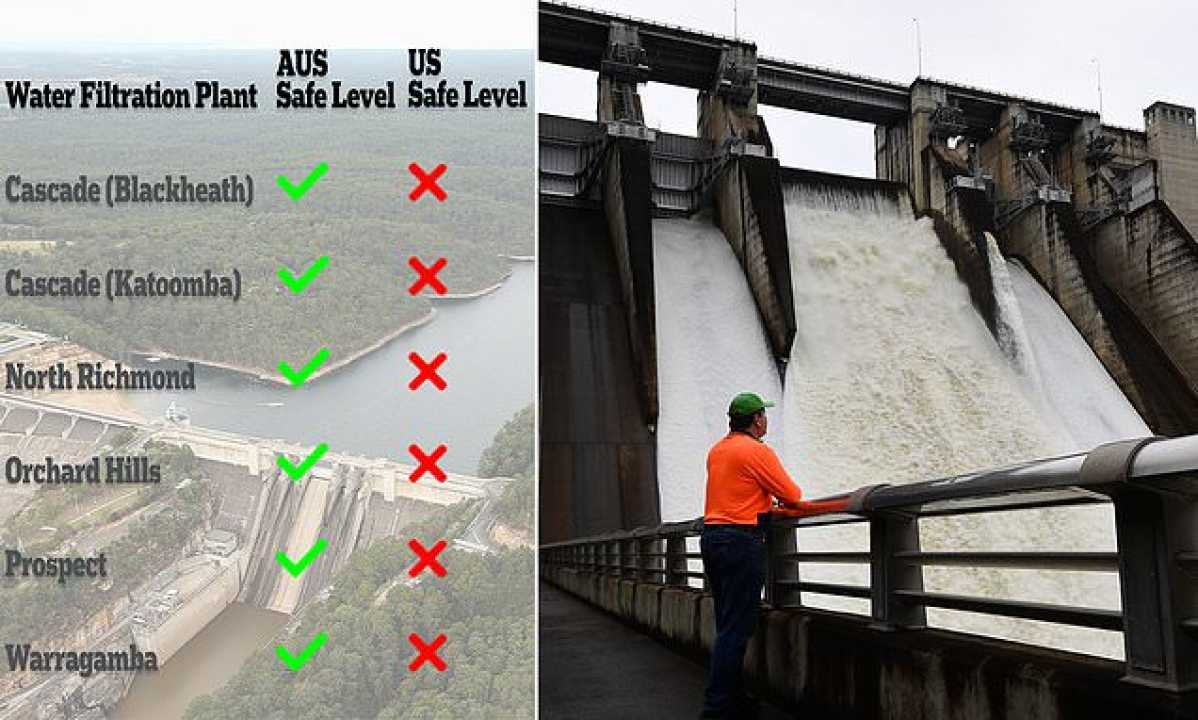News
PFAS Found in Sydney Drinking Water

Recently, low levels of PFAS, commonly known as ‘forever chemicals’, have been detected in several drinking water catchments around Sydney. Authorities are assuring residents that the water remains safe to drink.
Testing conducted by Sydney Water showed these chemicals at low levels in filtration plants throughout the city, including the Warragamba, North Richmond, and Cascade Dam in the Blue Mountains, which recorded the highest levels.
According to Dr. Nicholas Chartres from the University of Sydney, while these levels fall within safe drinking water guidelines in Australia, they are still higher than what has been reported in the United States. He pointed out, however, that these detected PFAS are just a small part of a much larger group of chemicals.
PFAS, or per- and polyfluoroalkyl substances, are man-made chemicals that have been used widely due to their ability to resist heat, stains, grease, and water. Common products containing these chemicals include some carpets, upholstery, cosmetics, and even food packaging.
The nickname ‘forever chemicals’ comes from their long half-life; they persist in the environment for decades and can accumulate in the human body, leading to potential health risks.
Health studies examining PFAS exposure have shown mixed results, with some studies linking increased exposure to serious health issues like higher cholesterol levels and certain types of cancer.
Sydney Water collected samples from nine water filtration plants as part of a monitoring process following reports of past contamination. The findings indicated the presence of PFAS in places like the Cascade Water Filtration Plant.
Australia currently has guidelines for PFAS levels in drinking water, which are not legally enforceable. This differs significantly from the US, where stricter limits are now in place after extensive reviews.
Officials from Sydney Water reiterated that all samples are below Australian guidelines, and regular testing allows them to manage any risks effectively.
As further research continues, experts emphasize the need for the public to stay informed about health risks associated with exposure to PFAS in various consumer products.












